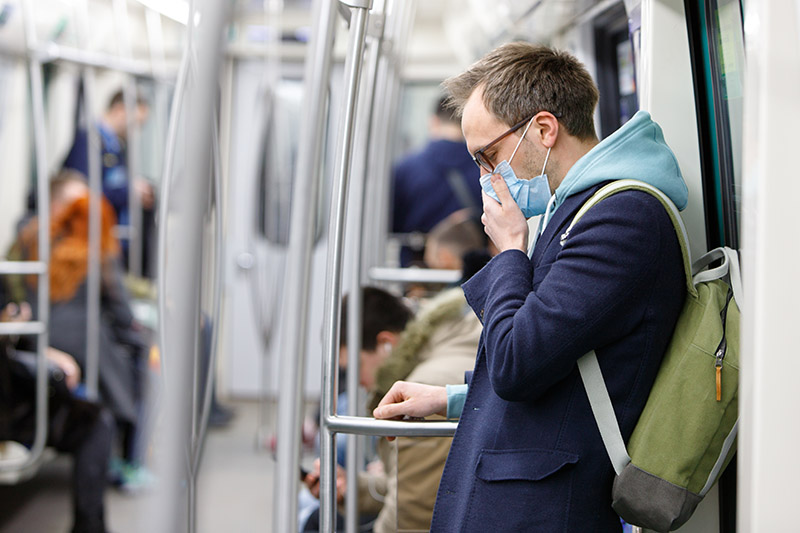Sept 10 (Reuters) - Here's what you need to know about the coronavirus right now:
Global death toll
The global death toll from the coronavirus passed 900,000 on Wednesday, as worldwide cases topped 27.7 million, according to a Reuters tally. An average of more than 5,600 people die each day from COVID-19, according to Reuters calculations based on data from the last two weeks.
As the epicentre of the pandemic shifts to India, there is no sign of a peak in the world's second-most populous nation. As bars reopened Wednesday for the first time since lockdown, it is adding more cases each day than any other country since the onset at the start of the year. It is also recording more deaths than any other country - an average of more than 1,000 daily for the last two weeks. of coronavirus restrictions worldwide
New York City restaurants, struggling to stay in business after months of closures imposed in the face of the coronavirus pandemic, won a long-awaited approval on Wednesday to resume limited indoor dining capped at 25% capacity. In Los Angeles County, health officials prohibited Halloween parties and said children should not be allowed to trick or treat during the popular fall holiday on Oct. 31. England, Prime Minister Boris Johnson said groups of more than six people would be banned from meeting. Johnson said there was a clear need to act after a spike in COVID-19 infections, and that the measures were likely to remain in place for more than a few weeks. Australia, federal Health Minister Greg Hunt on Thursday urged COVID-19 hotspot state, Victoria, to consider lifting its night curfew from 8 p.m. to 5 a.m. in Melbourne if the decision was not made on health advice. Australia's federal government has been anxious to ensure state restrictions are not prolonged for longer than necessary given the damage to the economy. question Russian vaccine data
Twenty-six scientists, most of them working at universities in Italy, have signed an open letter questioning the reliability of the data presented in the early-stage trial results of the Russian COVID-19 vaccine, named "Sputnik-V". The letter, published on the personal blog page of one of the signatories, said the Phase I/II trial results data showed multiple participants reporting identical antibody levels.
However, the scientists said they were basing their conclusions on summaries of the Russian trial result data, published in the journal, rather than the original data itself. The Gamaleya Institute, which developed the vaccine, rejected the critique. to end enhanced screening of some travelers
The U.S. government is set to end enhanced screening of some international passengers for COVID-19 and drop requirements that travelers coming from the targeted countries arrive at 15 designated U.S. airports, according to U.S. and airline officials and a government document seen by Reuters.
The changes are set to take effect as early as Monday, according to the draft rollout plan seen by Reuters, but the move could still be delayed, U.S. officials said.
The document says the Centers for Disease Control and Prevention (CDC) "is shifting its strategy and prioritizing other public health measures to reduce the risk of travel-related disease transmission." It said that of 675,000 passengers screened at the 15 airports, "fewer than 15 have been identified as having COID-19." face masks
A South Korean company has invented a battery-powered filtered face mask designed to reduce annoying problems associated with conventional designs, such as breathing difficulties and fogged-up glasses.
LG Electronics' PuriCare Wearable, which comes in one size and weighs as much as a pair of ski goggles, features two fans and high-efficiency particle air filters that clean air coming in and exhaled breath going out.
The device will be available in the fourth-quarter in select markets. LG is yet to set a price. LG said the mask has a battery life of about eight hours on low-power settings and two hours on its highest setting.
